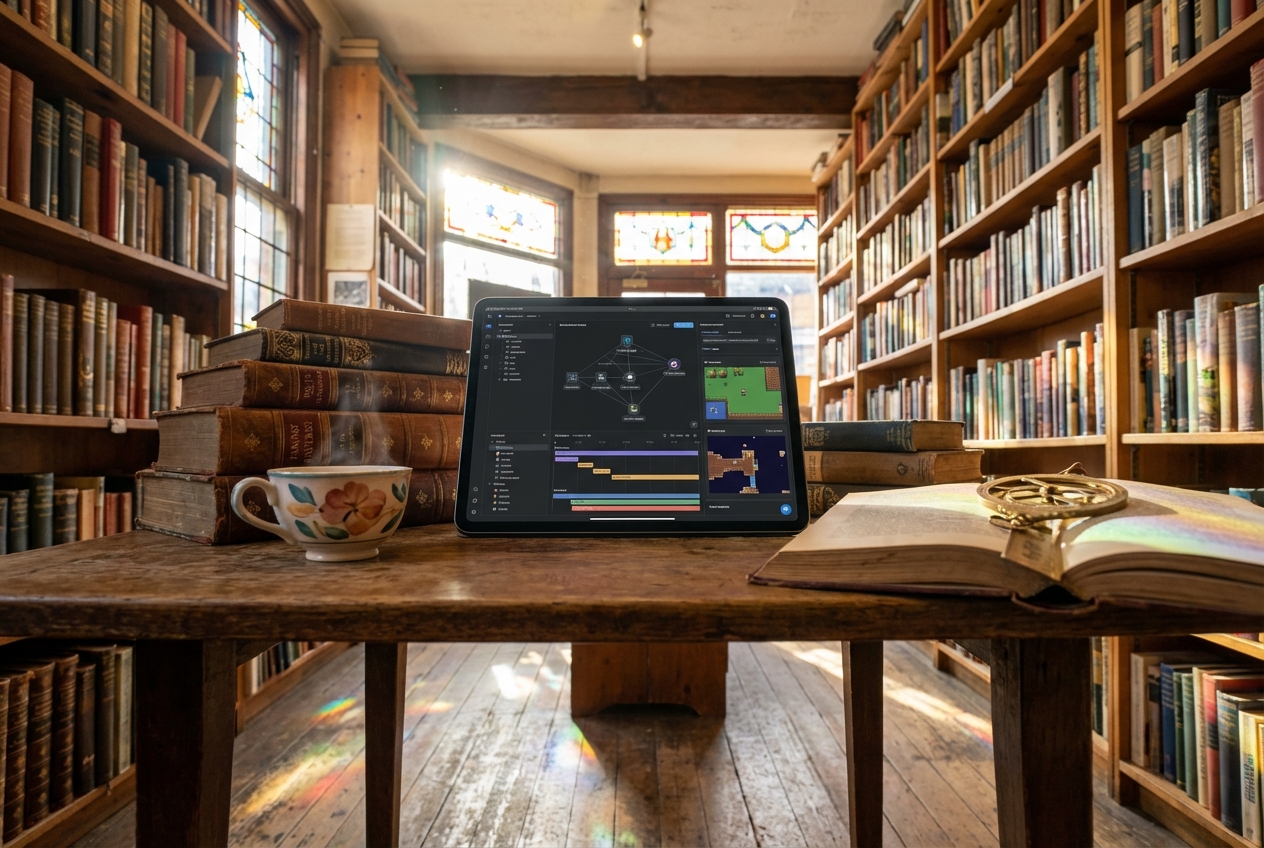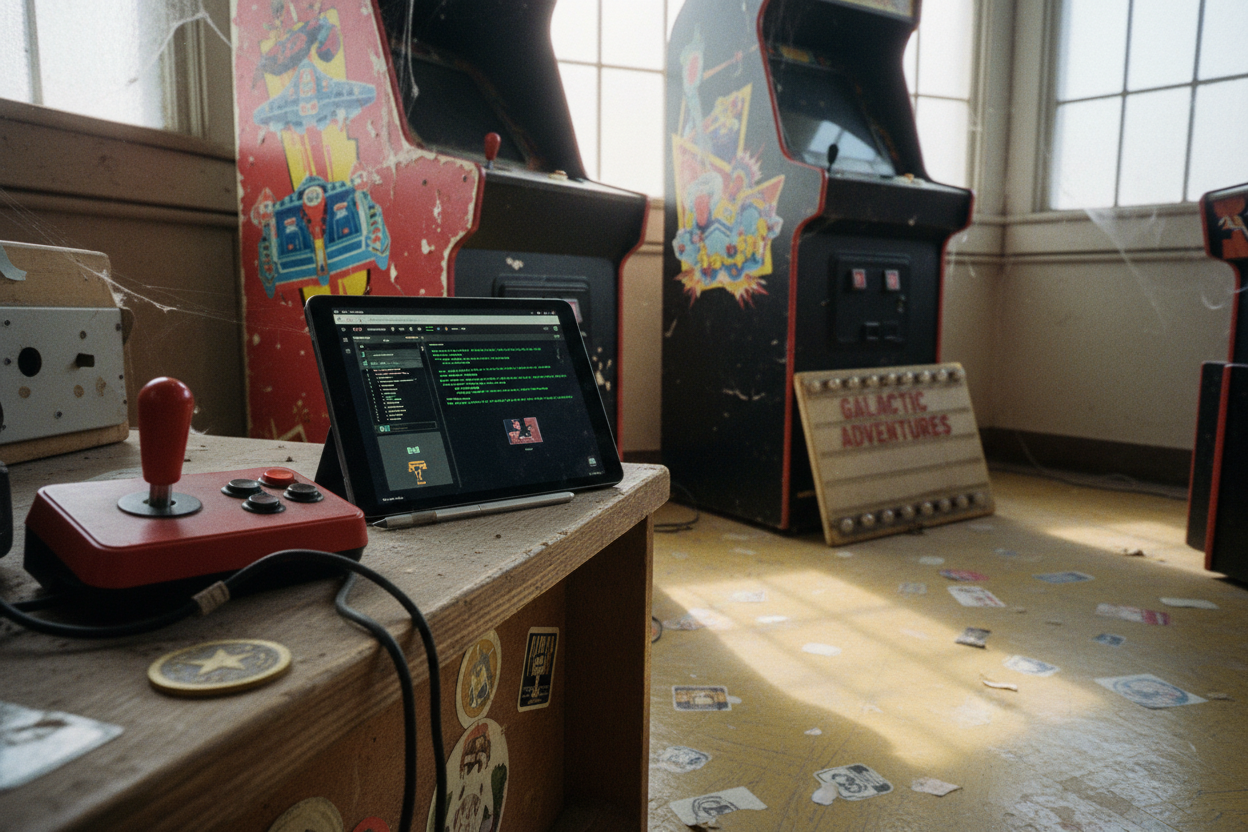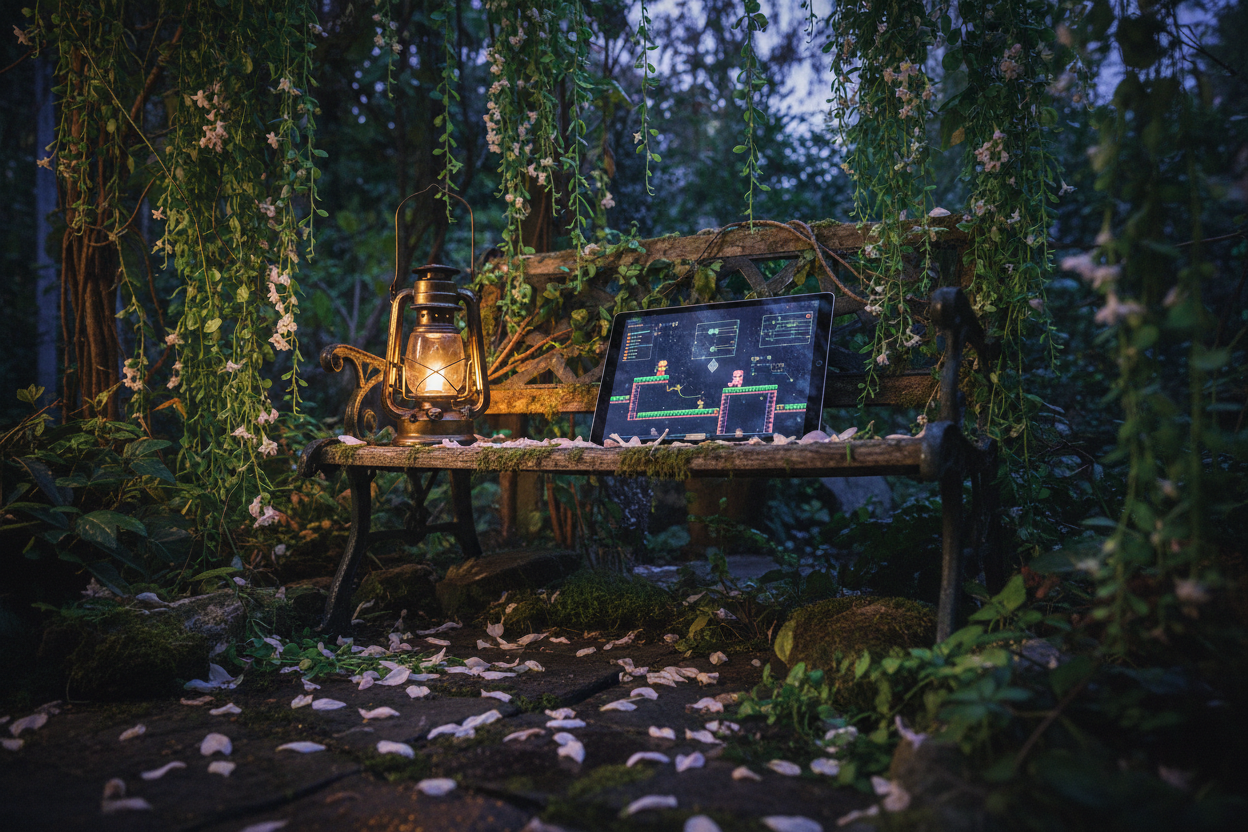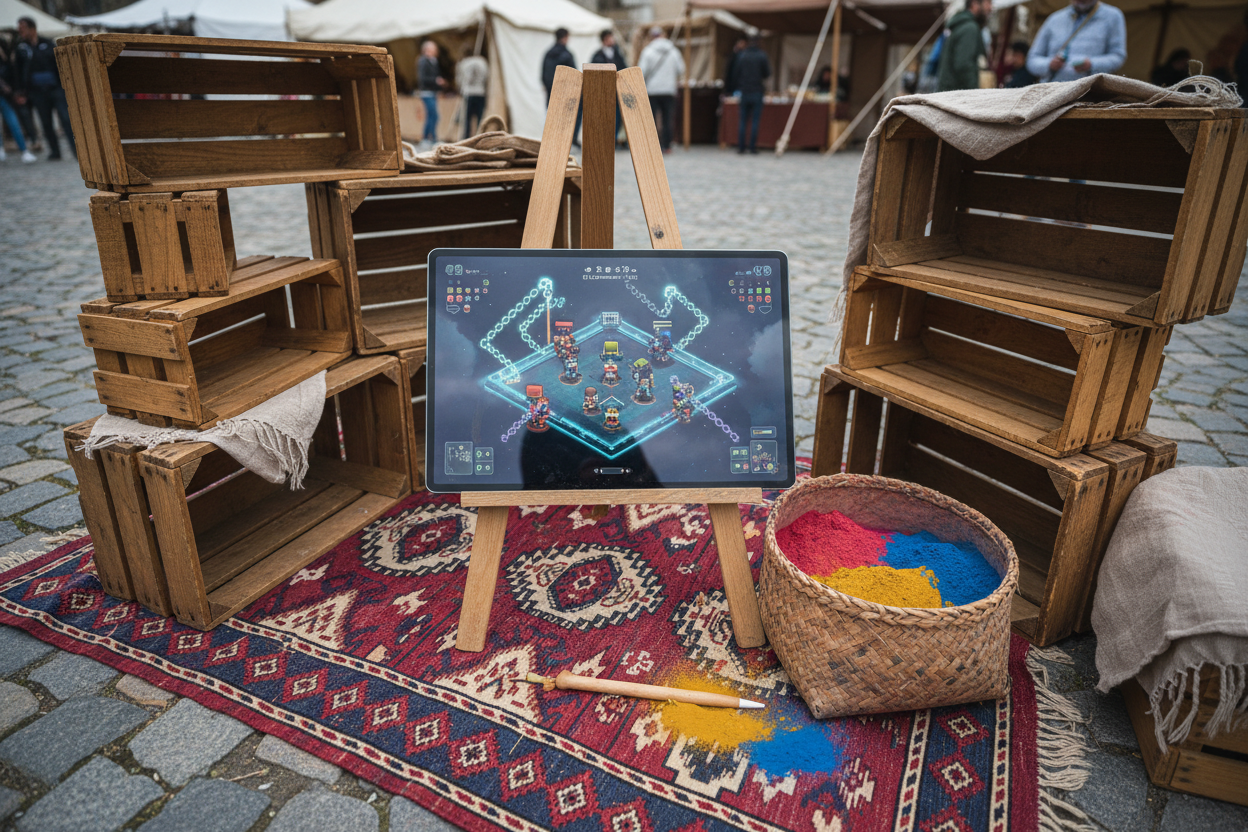On-Chain Game History: How Blockchain Immortalizes Player Achievements
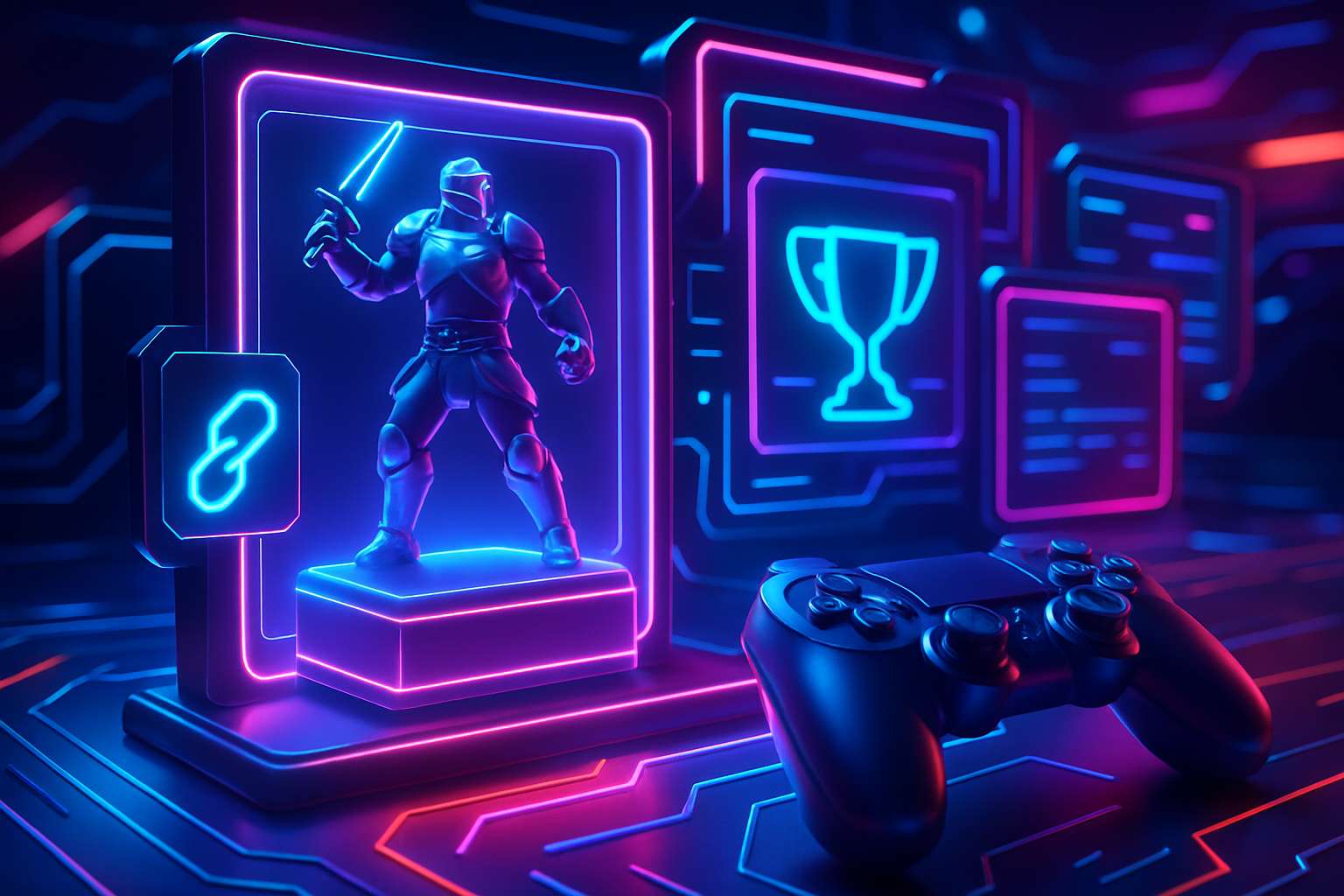
Gaming milestones used to be ephemeral – a server wipe, a studio shutdown, and years of hard-earned digital glory could vanish overnight. Blockchain is flipping that script. Now, every achievement, trophy, or rare item you unlock can be etched into an immutable ledger. This isn’t just hype; it’s a seismic shift in how player achievements are recorded and valued. On-chain game history is no longer just lore or forum screenshots – it’s permanent, verifiable proof of skill and dedication.
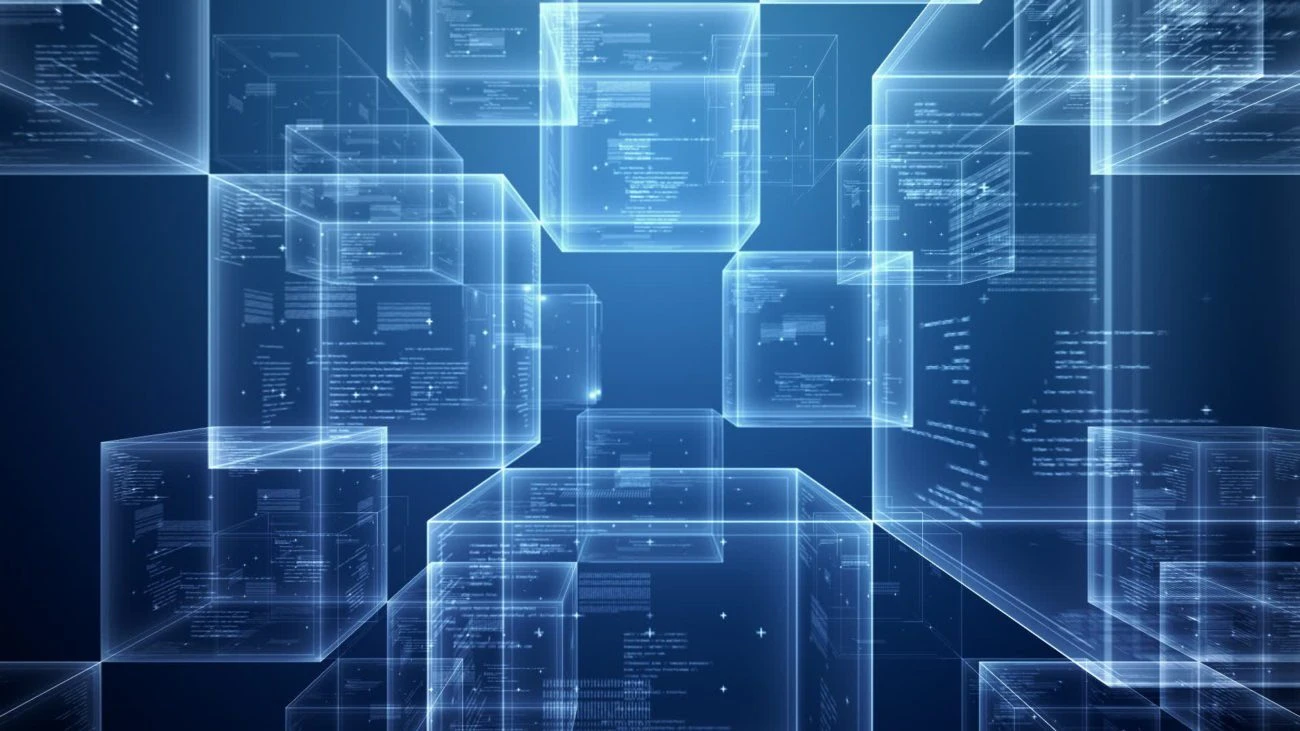
How Blockchain Immortalizes Player Achievements
At the core of this revolution is the blockchain’s ability to create permanent game records. When you slay a boss or top a leaderboard in an on-chain game like those built with MUD or Dojo, your accomplishment isn’t just stored on some centralized server. It’s written directly into the blockchain – public, transparent, and tamper-proof.
This means your progress doesn’t depend on a publisher’s goodwill or the lifespan of any single game. Whether it’s MUD’s variable NFT Profiles that track your character status or Dojo’s stateful on-chain assets in Starknet games, these frameworks ensure every action becomes part of gaming history. Your achievements are yours – tradeable, provable, and impossible to erase.
The Rise of Proof-of-Skill: NFTs as Achievement Badges
The concept has gone mainstream fast. In November 2022, Skill Labs dropped its Achievement System, letting players mint their in-game feats as NFTs, think digital badges that double as Proof-of-Skill tokens. It works across both Web2 and Web3 games like Thetan Arena and Era7: Game of Truth. These aren’t just collectibles; they’re portable credentials players can showcase, trade, or use to unlock rewards across ecosystems.
Xai Play took it up another level in February 2025 by integrating over 40,000 Steam games into the blockchain via its Proof-of-Skill system (source). Now gamers can connect their Steam accounts and see their rarest achievements tokenized, suddenly those hard-won badges aren’t just for bragging rights; they’re assets with real-world value.
Top On-Chain Achievement Systems in Gaming
-
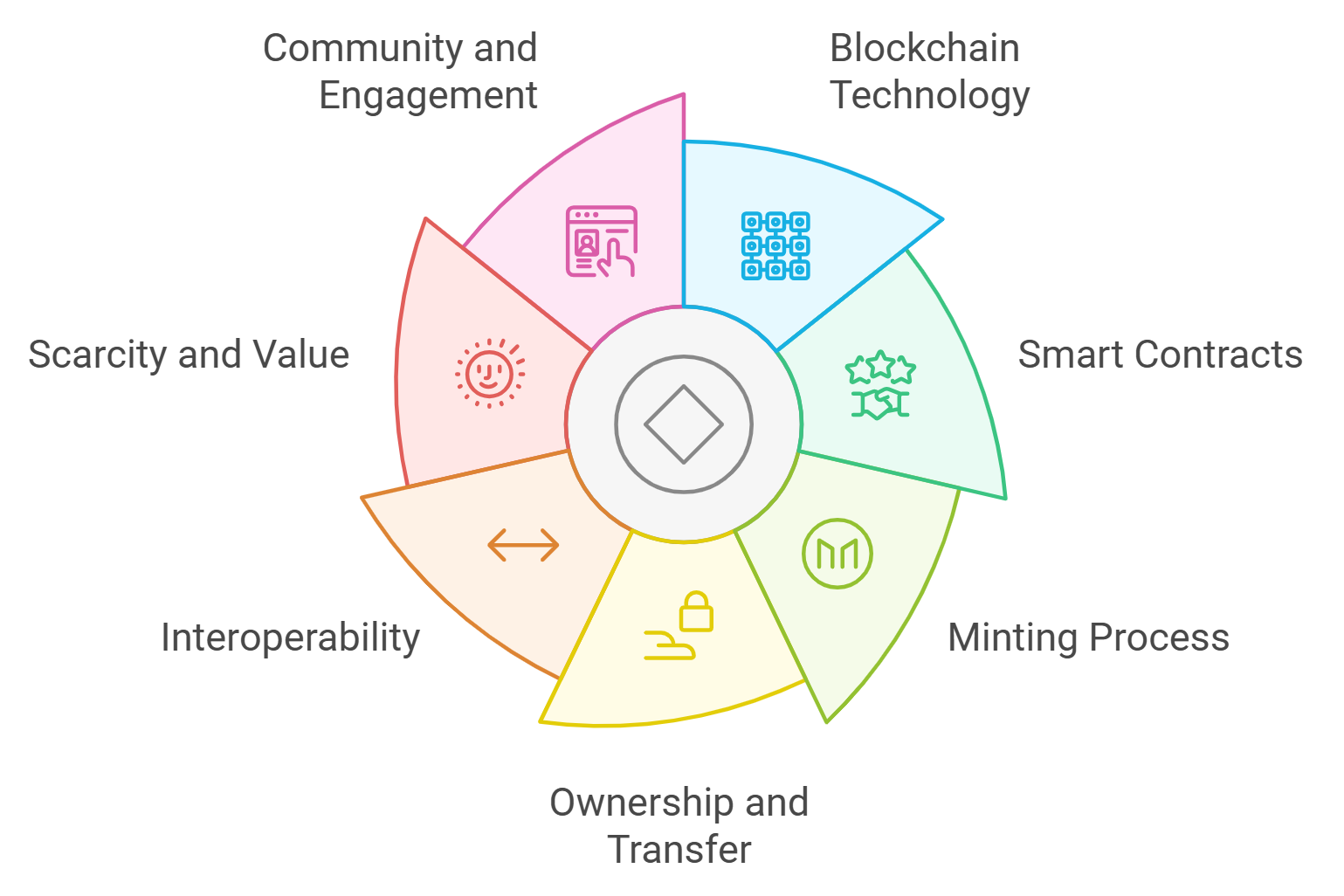
Skill Labs Achievement System: Launched in November 2022, Skill Labs lets players mint their in-game accomplishments as NFTs, serving as Proof-of-Skill. It supports both traditional and blockchain titles like Thetan Arena and Era7: Game of Truth, granting gamers true ownership and the ability to share, track, and monetize their achievements.
-
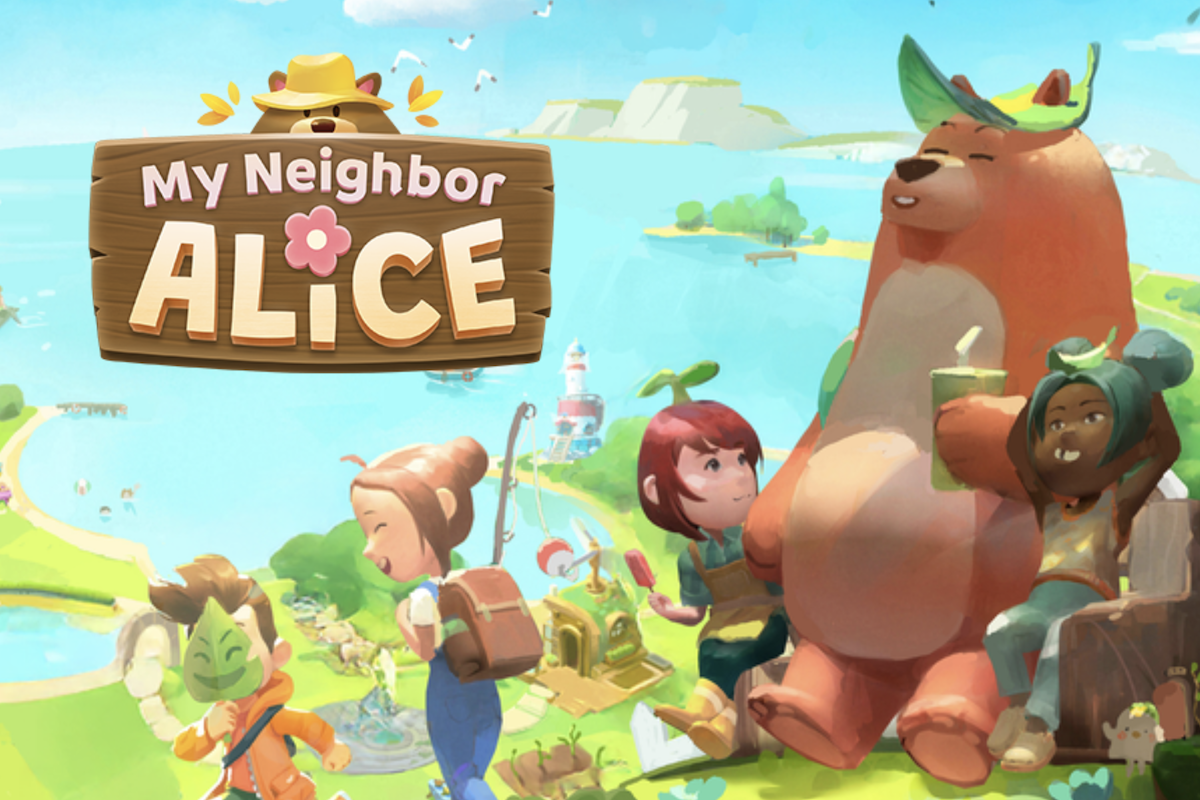
Xai Play Proof-of-Skill Integration: Debuting in February 2025, Xai Play connects over 40,000 Steam games to the blockchain, converting Steam achievements into tokenized assets. Players can earn real-world rewards, such as gaming hardware, by linking their Steam account and logging rare accomplishments on-chain.
-
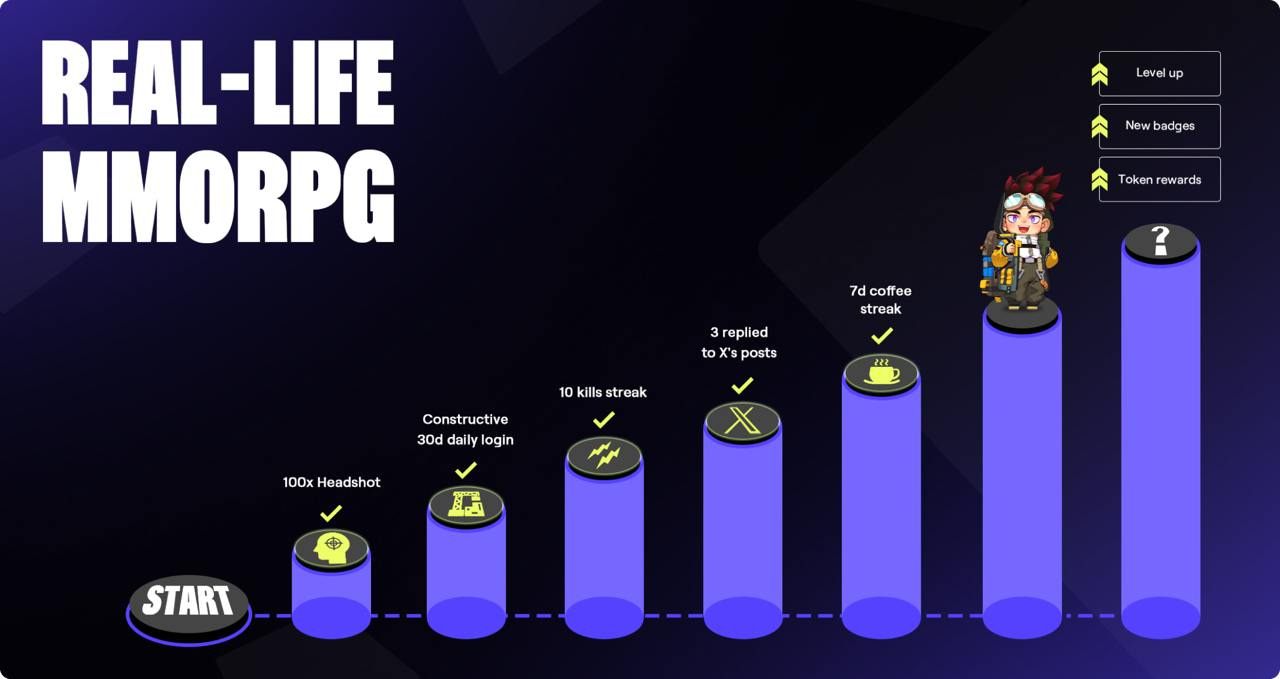
Web3Games Trophy System: Web3Games offers an NFT-based Trophy System that records on-chain achievements through collectible badges. Integrated with the Web3Games Portal, it gamifies NFTs and incentivizes players to complete in-game goals and events, enhancing engagement and digital ownership.
MUD and Dojo: Frameworks Powering Permanent Game Records
The infrastructure making all this possible is evolving at breakneck speed. MUD offers EVM-compatible tools for developers to build fully on-chain games where every move is recorded forever. Meanwhile Dojo, purpose-built for Starknet, enables complex stateful assets, think evolving characters or items whose histories are written directly onto the chain.
This shift isn’t just technical; it’s philosophical. Players move from renters to owners of their digital legacies. No more lost accounts or erased leaderboards, your journey is stamped into the fabric of gaming itself.





